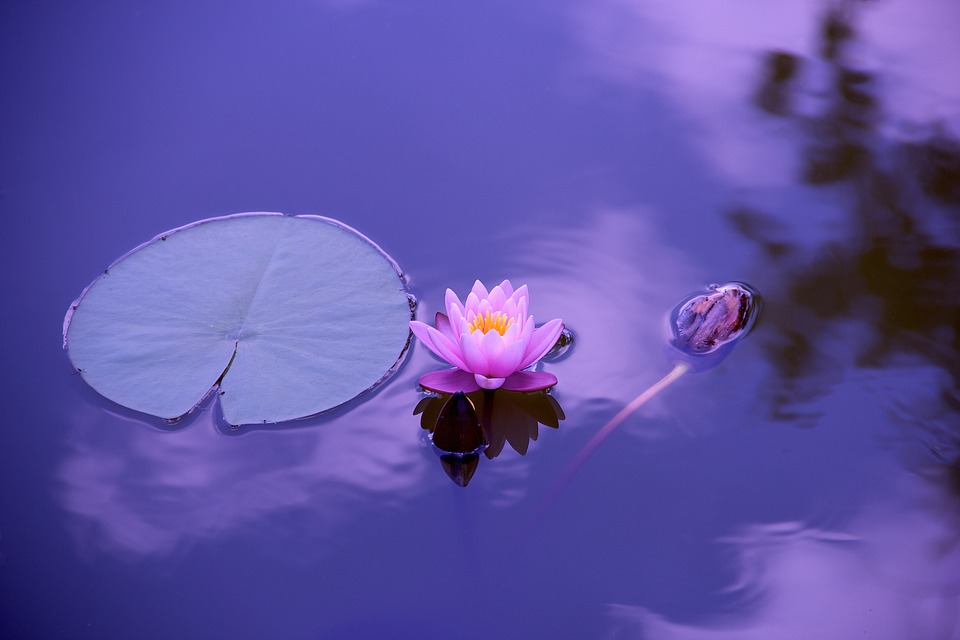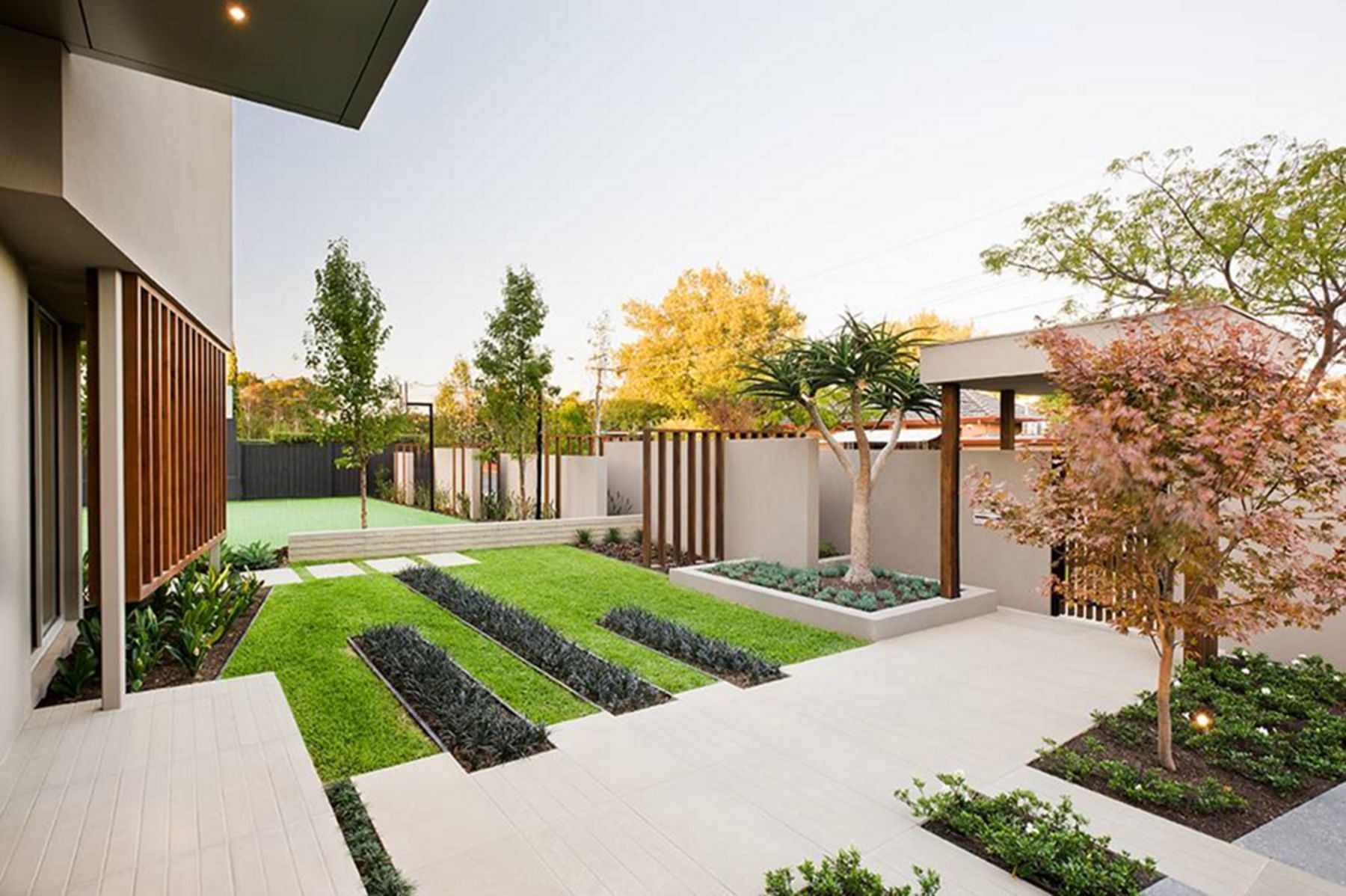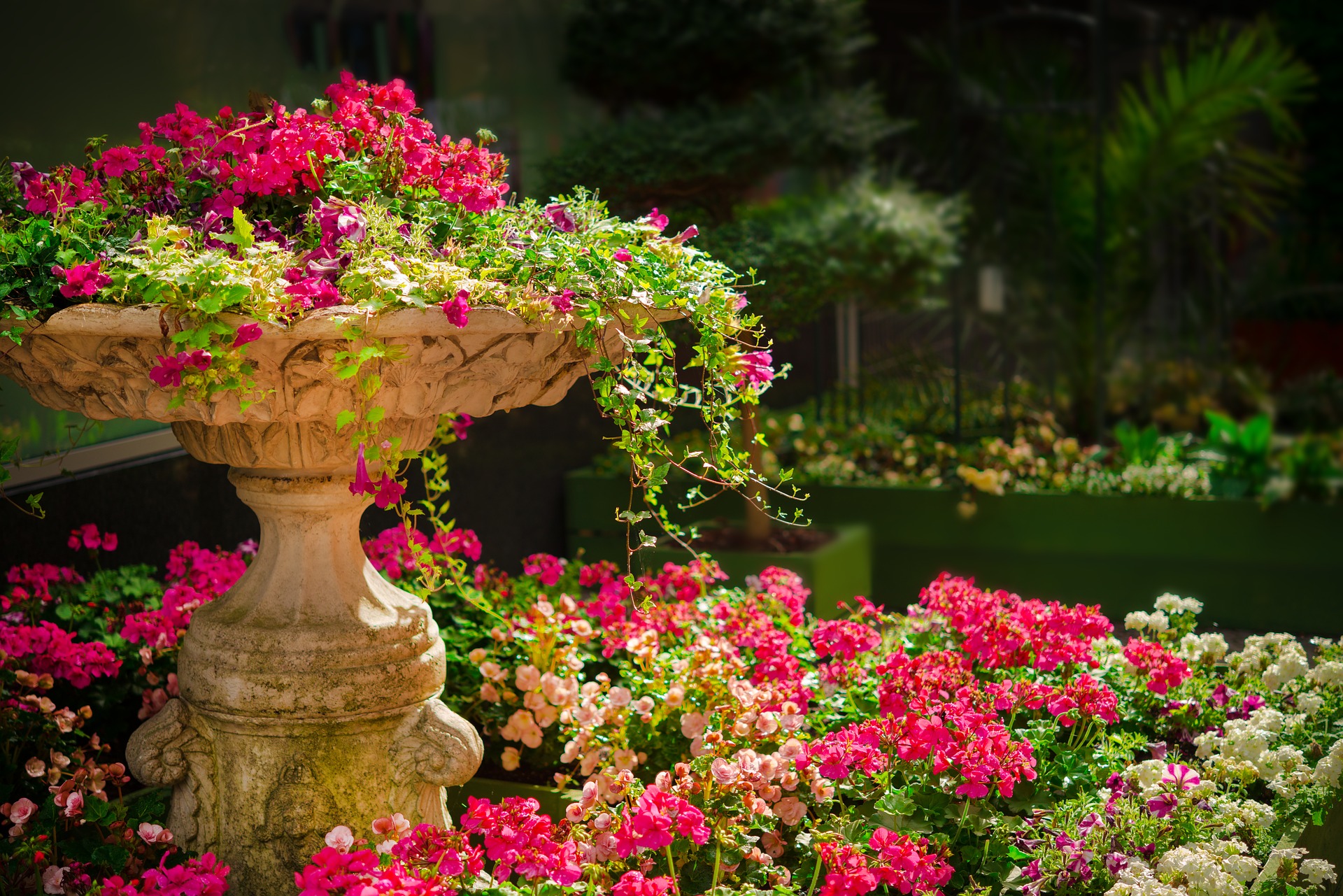Irrigation is one of the usual activities in gardening. Making a sustainable use of water is very important in organic gardening, and for this, you need to learn to manage water efficiently and get more out of irrigation. Here are some tips to consider to avoid wasting water while gardening:
1) Design Your Garden by Gathering Plants With the Same Water Requirement in a Group
You can divide the orchard or garden into three areas based on the need for irrigation: low need area, medium need area, and another area where plants and trees with a greater need of water are grown.
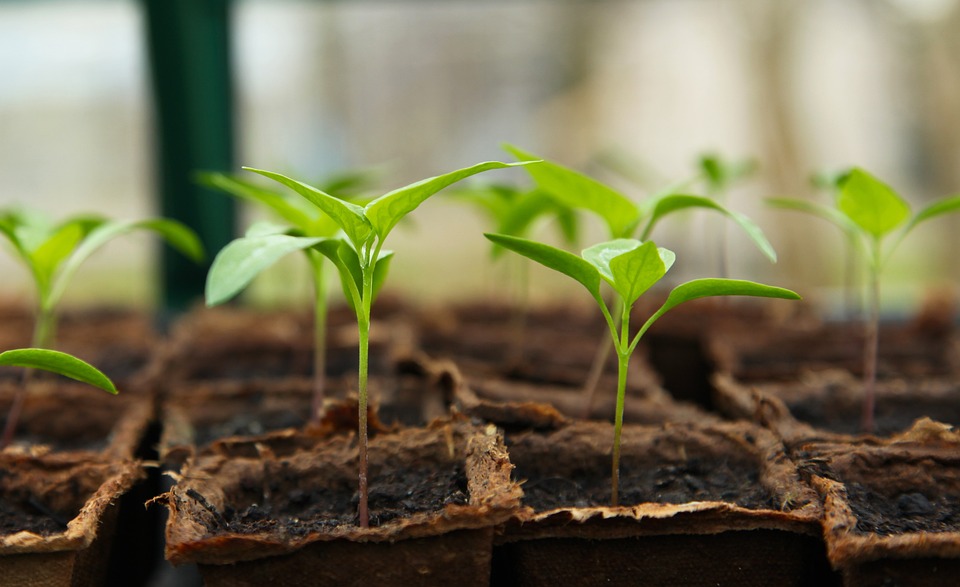
2) Know the Type of Cultivation Soil
Depending on the type of soil in your garden, it will either need more or less water. Some soils cannot retain water (sand), while other soils prevent or reduce water infiltration (clay).
3) What Is the Best Time to Water?
It is important not to water at the hottest time of the day. Because of the heat, water evaporates and is wasted. In such conditions, it is better to water the plants at the end of the day so that you can make the most of it.
4) Mulching or Padding
Another common practice in agroecology and permaculture is mulching or padding. This involves covering the soil surface with natural materials such as pinnace, sawdust, tree bark, pruning remnants, etc. To prevent water loss through evaporation, improve soil fertility and humidity controlling the appearance of unwanted or accidental plants.
5) Choose Your Plants Wisely
Choose varieties of plants, whether horticultural (the agriculture of plants, mainly for food, materials, comfort and beauty for decoration) and ornamental, that require low water consumption and avoid or minimize the use of plants that need more irrigation. If you live in areas with little or moderate rainfall, you are looking for traditional and native varieties that are already adapted and have low water requirements. Some of these species are even adapted to drought periods, such as rosemary or lavender, sage or olive tree. On the other hand, it is advisable to avoid or reduce plants’ cultivation that need more water, such as lawns.
6) What Is the Best Irrigation System?
The most sustainable way to water the orchard or garden is through a drip irrigation system. It is especially suitable for areas or months of the year with high temperatures because no water is lost through evaporation due to heat.
7) Use Shady Areas and Windbreaks in the Garden Strategically
Direct sun is one of the factors that can cause the soil to lose water. If we place the plants in shady or semi-shade areas, we reduce water loss. Another common factor that increases soil moisture loss is the wind. We can use windbreaks such as walls, fences, etc., to soften the wind’s effect, and we can also resort to other organic elements such as shrubs to get a garden with low water consumption.
8) Use Rainwater
If you do not have an artesian well, you will have to irrigate with the brought water (that of the tap). An excellent measure to save a little water is to place a tank in your plot to collect rainwater. You will then only have to use a pump and transfer the deposited water to irrigate your plot with rainwater that would have been wasted otherwise. Besides, there are many models of economic water pumps that you can buy for a very reasonable price. You can also buy reliable and durable gas powered pumps if you have a large garden.
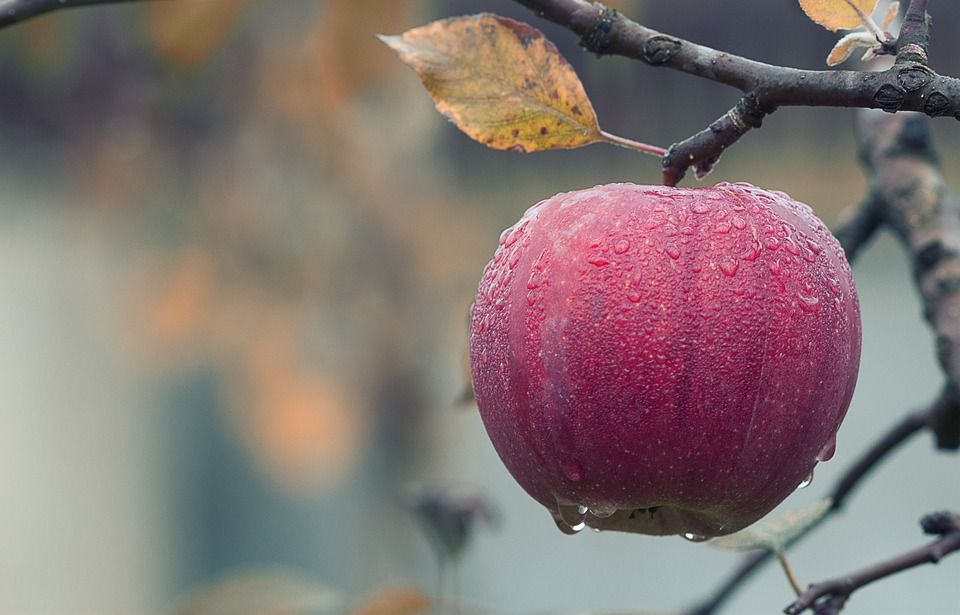
Do you have any other tips to help use water sustainably while gardening? Please share it with us in the comments below!
